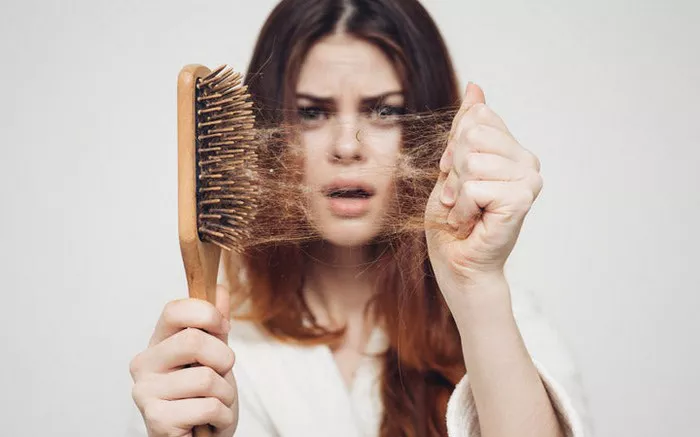Hair loss can be a distressing experience, affecting both men and women of various ages. When faced with this issue, seeking professional help from a dermatologist is a wise decision. Dermatologists possess the expertise to diagnose the underlying causes of hair loss and prescribe suitable treatments. In this article, we will explore the role of dermatologists in treating hair loss, discuss prescription options available, and provide a comprehensive approach to restoring hair health. Let’s delve into the world of dermatological solutions and discover effective ways to achieve soft and silky drifted hair.
Understanding Hair Loss: Causes and Concerns
Hair loss can be caused by various factors, including genetics, hormonal changes, nutritional deficiencies, and certain medical conditions. It is essential to understand the underlying cause to develop an appropriate treatment plan. Hair loss can lead to a loss of confidence and impact one’s self-esteem, making it crucial to address the issue promptly.
The Role of Dermatologists in Treating Hair Loss
Dermatologists are medical professionals specializing in the diagnosis and treatment of skin, hair, and nail disorders. They play a vital role in assessing hair loss cases, determining the cause, and prescribing targeted treatments. Dermatologists conduct thorough evaluations, which may include blood tests, scalp examinations, and reviewing medical history, to devise an effective plan tailored to each individual’s needs.
Prescription Treatments for Hair Loss
Minoxidil (Rogaine):
Minoxidil is an FDA-approved topical medication that can help slow down hair loss and promote regrowth. It is available over the counter and can be used by both men and women. Dermatologists may prescribe a stronger formulation to optimize results.
Finasteride (Propecia):
Finasteride is an oral medication available by prescription for men. It works by blocking the hormone responsible for hair loss and promoting hair regrowth. Dermatologists carefully assess the suitability of finasteride based on individual factors.
Corticosteroids:
In certain cases, dermatologists may prescribe corticosteroid injections or topical solutions to reduce inflammation and stimulate hair growth. These treatments are typically used for specific types of hair loss, such as alopecia areata.
Other Medications:
Dermatologists may consider prescribing additional medications, such as spironolactone, dutasteride, or oral contraceptives, depending on the underlying cause of hair loss and individual needs.
Comprehensive Approach to Achieving Soft and Silky Drifted Hair
Addressing Underlying Health Conditions:
Dermatologists evaluate the overall health of individuals experiencing hair loss and may recommend lifestyle modifications, dietary changes, or additional medical treatments to address underlying health conditions contributing to hair loss.
Laser Therapy:
Low-level laser therapy is a non-invasive treatment that stimulates hair follicles and promotes hair growth. Dermatologists may recommend laser therapy devices or in-office treatments to enhance hair health and density.
Platelet-Rich Plasma (PRP) Therapy:
PRP therapy involves extracting platelets from an individual’s blood and injecting them into the scalp. This procedure aims to stimulate hair growth and improve hair quality. Dermatologists may recommend PRP therapy in specific cases.
Hair Care and Maintenance:
Dermatologists provide guidance on proper hair care practices, including gentle cleansing, regular conditioning, and avoiding excessive heat styling or harsh chemicals. These measures help maintain overall hair health and promote soft and silky hair.
Conclusion:
Dermatologists play a crucial role in diagnosing and treating hair loss, providing effective solutions tailored to each individual’s needs. Prescription treatments, including minoxidil, finasteride, and corticosteroids, are among the options available to combat hair loss. However, it is essential to adopt a comprehensive approach, addressing underlying health conditions and maintaining proper hair care practices. By following the guidance of dermatologists and implementing a holistic approach, individuals can restore hair health and achieve the desired soft and silky drifted hair.


